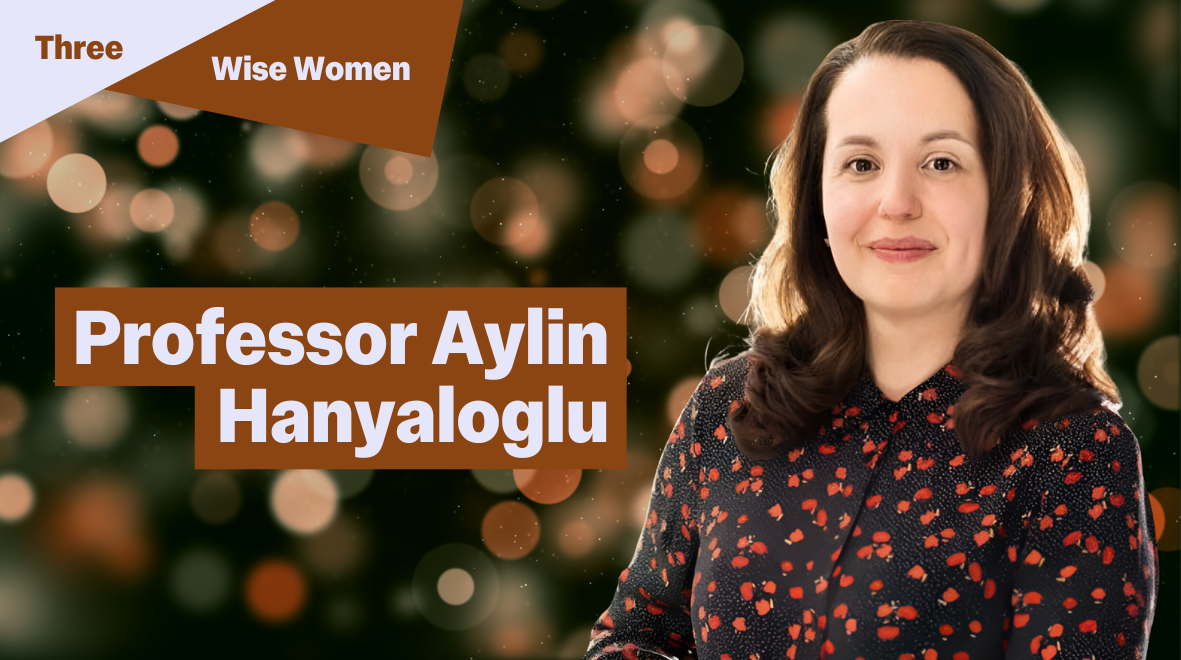
This festive period, Three Wise Women from the Faculty of Medicine will be giving us the gift of wisdom.
Aylin Hanyaloglu, Professor in Molecular Medicine in the Department of Metabolism, Digestion and Reproduction, reflects on the role of serendipity in both scientific discovery and her own 17-year research career at Imperial. She explores how unexpected findings—like those in her team’s research on G protein-coupled receptors (GPCRs)—can lead to breakthroughs that shape the future of medicine. From fertility treatments to the quest for more precise drugs, Aylin discusses how curiosity and embracing the unexpected have driven her team’s progress.
Serendipity—the fact of finding valuable or interesting things by chance—has long been a key element in scientific research. This is exemplified by Sir Alexander Fleming’s accidental discovery of penicillin, which revolutionised medicine: “I did not invent penicillin. Nature did that. I only discovered it by accident.” With this definition, serendipity for me has played a significant role in both the discoveries in our research as well as my career journey. This time of year offers opportunities to reflect on different areas in our lives, and I have often used the term serendipity for describing my journey. But what do I mean by this? Is it needed or just a normal part of the discovery process? And with the rapidly evolving landscape of how science is conducted, will this continue?